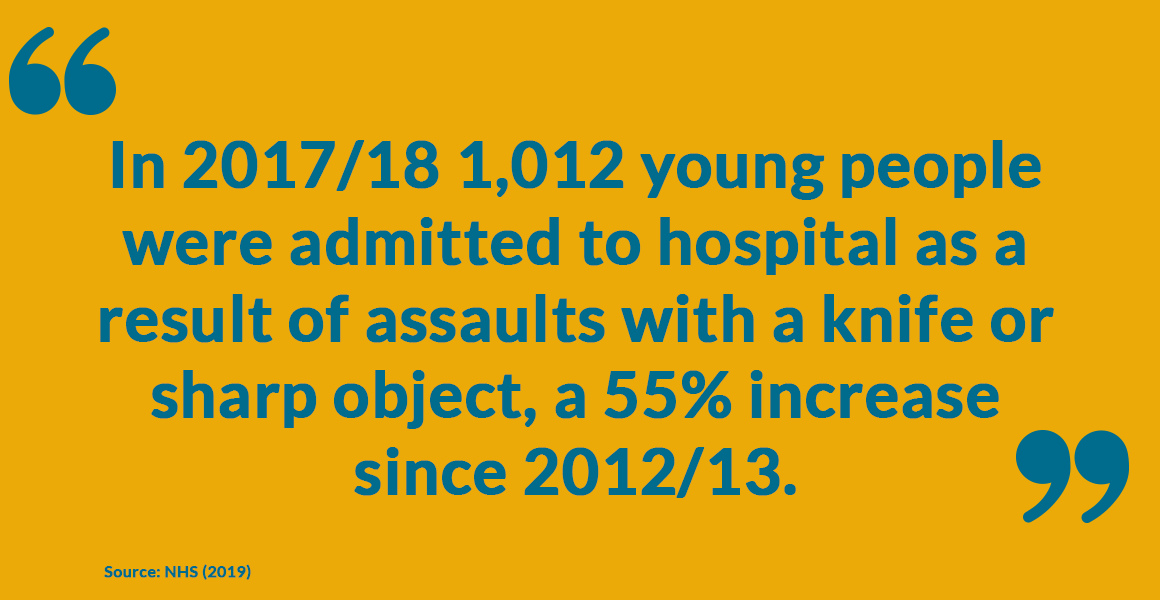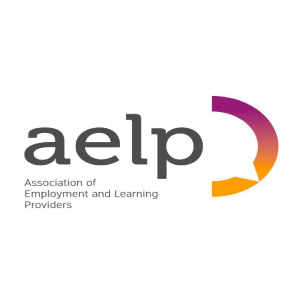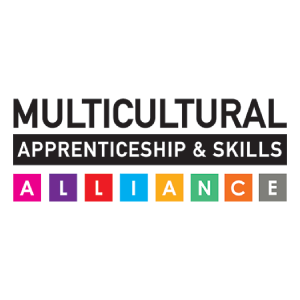
How can Education Providers prevent Young People from becoming involved in Knife Crime?
With the volume of knife and sharp instrument offences increasing year-on-year, more and more young people feel it’s necessary to carry knives in order to make them feel safe. Since March 2011 the volume of offences involving knives or sharp instruments has increased by 44%.
We take a look at this epidemic and what can be done by education providers to help prevent young people becoming involved in a culture of knife crime.

Why do young people carry knives?
Many young people who carry knives say they do so because they don’t feel safe or protected on the streets. Statistics show that knife crime tends be concentrated in metropolitan areas. In the year ending June 2019, 32% of all offences involving a knife or sharp instrument happened in London and the highest rates after London were seen in urban areas of Greater Manchester, West Midlands and West Yorkshire.
They say knives are an easily available form of protection. “You only need to go into your kitchen drawer and there is a knife in there.”
Some young people also say they carry knives because it has become the norm in their community and it gives them confidence whilst out with friends. In addition, some young people feel that carrying a knife gives them a sense of belonging to a community.
What can be done to prevent knife crime and educate young people?
Research has shown that knife crime is a symptom of wider problems in communities, with young people turning to this crime out of boredom and having a lack of opportunities or skills. As a result it’s important to tackle the underlying causes of violent crime in communities and provide young people with opportunities to develop skills for building a career and having a life outside of crime. Vital to this is prevention and early intervention. Education providers can play a key part in prevention by ensuring that all study programmes include important personal development and employability topics, so when young people leave education they have the skills required for a successful career.
Providing young people in education, who are at risk of involvement in crime, with a safe place is key for early intervention and steering them onto another path. This should be somewhere they can go for help, support and to talk to someone who understands and can offer advice on avoiding criminal activity.
Another element of preventing knife crime that can be actioned by education providers is educating learners on staying safe and the dangers of crime. As a direct response to this we’ve created a Level 1 Award in Personal Safety, which explores the impacts of crime, drugs and alcohol, and how to stay safe in an emergency. This is suitable for a range of learners including young people wishing to pick up an Award as part of another learning programme and young people aged 14–19 who are in various learning environments. In addition these qualifications may be used as a stand-alone course. The aims of the qualification are to enable learners:
- To understand principles of own personal safety
- To understand the impact of crimes on society
- To understand the impact of drug and alcohol on society
- To know the actions to take in an emergency
Included in this Short Online Qualification is the Government’s ‘Stay Safe’ Principles of Run, Hide and Tell – which educates learners on what to do in a knife attack.
Click here to find out more about our Personal Safety Short Online Qualification


















